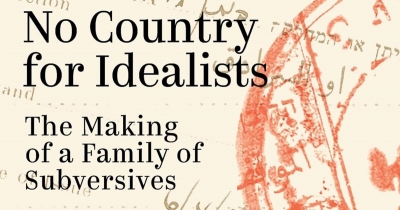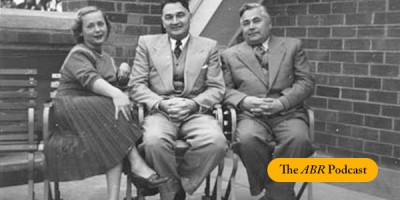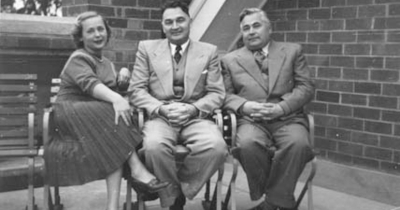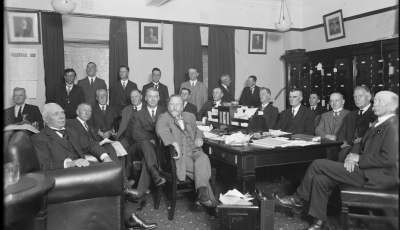Ebony Nilsson
No Country for Idealists: The making of a family of subversives by Boris Frankel
In this week’s ABR Podcast, historian Ebony Nilsson tracks the lives of mid-century migrant Australians with the aid of ASIO and CIA files. Ebony Nilsson is a Research Fellow at the Australian Catholic University, the current ABR Laureate Fellow, and recently published her first book, Displaced Comrades: Politics and Surveillance in the Lives of Soviet Refugees in the West. Listen to ‘The lives of ‘ordinary’ people: From Siberia and Shanghai to Kings Cross’, published in the January-February issue of ABR.
... (read more)It was mid-afternoon when I turned a typewritten foolscap page from 1939 and found the name I had been searching for: Detective Sergeant Mischenko. The report was a pretty banal cry for resourcing. Poor Mischenko was doing the work of two detectives in Japanese-occupied Shanghai and desperately needed some assistance. On turning the page, I felt like Archimedes himself (though running through the US National Archives yelling ‘Eureka!’ might have been a touch dramatic). My journey to the suburbs in the middle of a clammy Washington DC summer had held no guarantees of finding this.
... (read more)On election day in 2022, thousands of Australian voters – perhaps already in line at their local primary school, democracy sausage in hand – received this text message. Refugees had not been a hot-button issue in this election, and the messages were generally seen as an unsuccessful last-ditch effort by a Coalition government already on the ropes. But the new Albanese Labor government was quick to confirm, just a day after being sworn in, that it had turned the boat back without hesitation. A public warning was issued to people smugglers that Australia’s border policy remained iron-clad and inflexible. Such statements are usually for the benefit of the Australian public, rather than an imagined audience of people smugglers.
... (read more)




